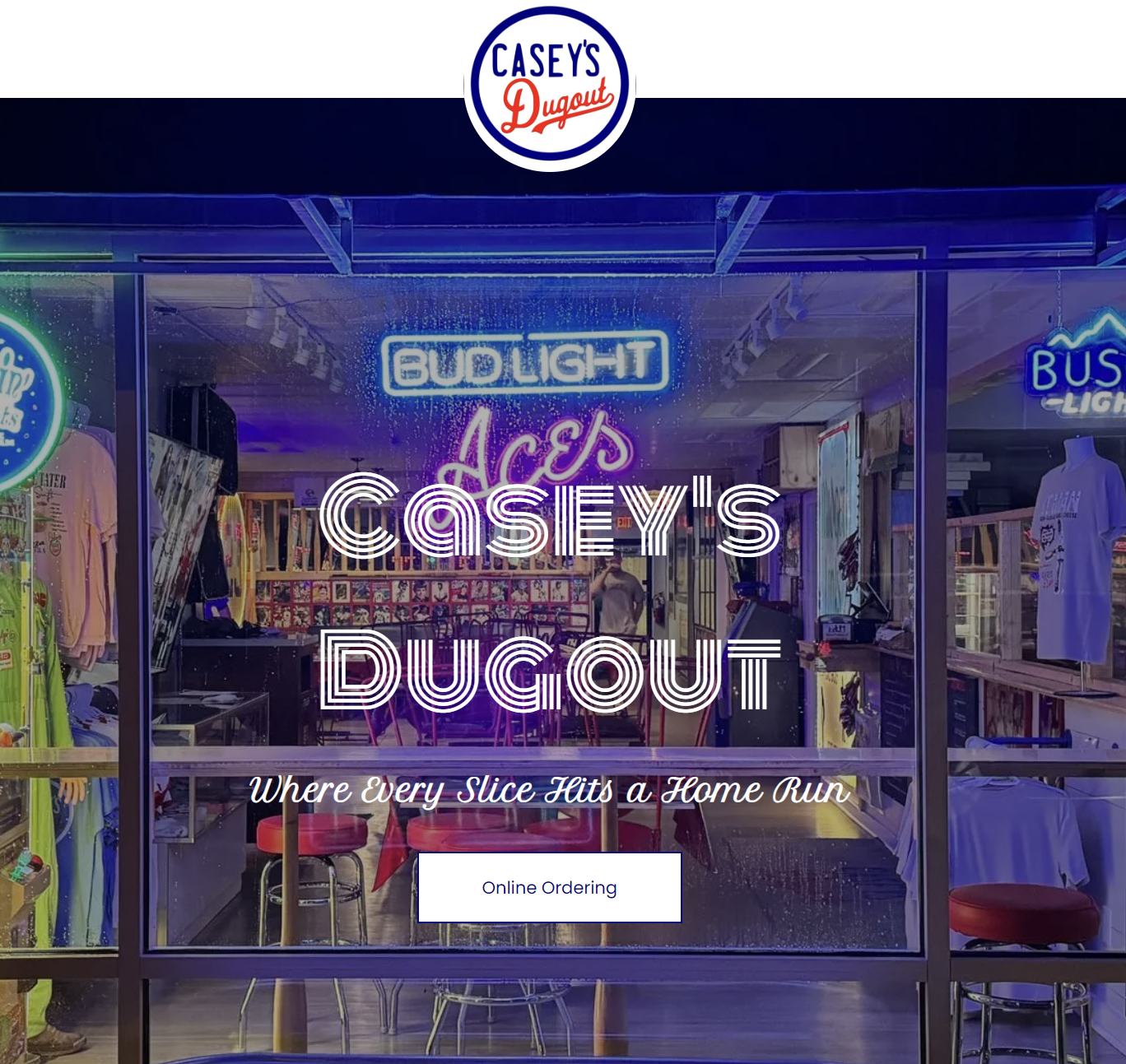
In today's digital age, having a robust online presence is not just advantageous but often crucial for the success of small businesses. A website serves as the virtual storefront, offering numerous benefits that can significantly impact growth and sustainability. Here’s why having a website is essential for small businesses: 1. Establishing Credibility and Trust: A professionally designed website instills confidence in potential customers. It provides a platform to showcase products, services, customer testimonials, and other relevant information that helps build credibility. In the absence of a website, potential customers may perceive your business as less established or trustworthy compared to competitors with an online presence. 2. Expanding Reach and Accessibility: Unlike a physical store with limited geographical reach, a website allows small businesses to reach a global audience. This expanded accessibility means your products or services can be discovered by people beyond your immediate locality, opening up new markets and opportunities for growth. 3. Cost-Effective Marketing: Traditional advertising methods can be costly and may not yield the desired results for small businesses with limited budgets. A website provides a cost-effective platform for marketing and promoting your business. Through search engine optimization (SEO), content marketing, social media integration, and other digital marketing strategies, you can attract targeted traffic to your website without breaking the bank. 4. Providing 24/7 Accessibility: Unlike a physical store that operates within certain hours, a website is accessible to customers 24/7. This means potential customers can learn about your offerings, make inquiries, or even purchase products at any time, enhancing convenience and customer satisfaction. 5. Showcasing Products and Services: A website serves as a digital catalog where you can showcase your products or services in detail. High-quality images, product descriptions, specifications, pricing, and customer reviews can all be included to help potential customers make informed purchasing decisions. 6. Enhancing Customer Engagement: Through features such as contact forms, live chat, FAQs, and blogs, a website facilitates direct communication with customers. This engagement not only builds relationships but also provides valuable insights into customer preferences and behaviors, which can inform business decisions and improve customer service. 7. Staying Competitive: In today's competitive market, having a website is often expected by consumers. Potential customers are more likely to choose a business that has an informative and user-friendly website over one that does not. A well-designed website can differentiate your small business from competitors and position it as a professional and reliable choice. 8. Scaling Business Operations: As your business grows, your website can scale with it. Whether you're adding new products, expanding services, or targeting different customer segments, your website can adapt to accommodate these changes and support your business objectives. In conclusion, a website is not just a digital necessity but a powerful tool for small businesses looking to thrive in today's interconnected world. It enhances credibility, expands reach, supports marketing efforts, improves customer engagement, and ultimately contributes to long-term success. Investing in a well-designed and user-friendly website is an investment in the future growth and sustainability of your small business.

In the vast landscape of digital marketing, where algorithms reign supreme and competition is fierce, local listings emerge as a beacon of opportunity for businesses aiming to establish a strong online presence. From small startups to established enterprises, the importance of local listings cannot be overstated. These listings serve as digital storefronts, guiding potential customers to your doorstep in the bustling marketplace of the internet. Let's delve into why local listings are indispensable for any business striving to thrive in the digital realm. 1. Amplified Visibility Local listings act as virtual signposts, directing local customers to your business. When someone searches for a product or service in their vicinity, appearing in local listings significantly boosts your visibility. Whether it's a Google My Business listing, Yelp profile, or listings on niche directories, each entry expands your digital footprint, making it easier for potential customers to discover your business. 2. Trust and Credibility In the digital age, trust is paramount. Local listings not only enhance your credibility but also instill trust in potential customers. Reviews and ratings on platforms like Google My Business and Yelp provide social proof, validating the quality of your products or services. Positive reviews serve as endorsements, reassuring potential customers and influencing their purchasing decisions. 3. Improved SEO Performance Local SEO is a potent tool for businesses aiming to dominate their local market. Local listings play a pivotal role in local SEO strategies, helping businesses rank higher in location-based searches. Optimizing your listings with relevant keywords, accurate business information, and high-quality images can propel your business to the top of search engine results pages (SERPs), ensuring maximum visibility among local audiences. 4. Enhanced User Experience Convenience is king in the digital realm. Local listings streamline the customer journey by providing essential information at their fingertips. From business hours and contact details to directions and customer reviews, local listings empower customers to make informed decisions swiftly. By enhancing the user experience, you not only attract more customers but also foster loyalty and repeat business. 5. Targeted Advertising Opportunities Local listings open the door to targeted advertising opportunities, allowing you to reach customers based on their location and preferences. Platforms like Google Ads and Facebook Ads offer sophisticated targeting options, enabling you to tailor your ads to specific geographic regions. By leveraging local listings in your advertising campaigns, you can maximize your return on investment (ROI) and connect with potential customers at the right time and place. 6. Competitive Edge In today's hyper-competitive market, staying ahead of the competition is essential for business success. Local listings provide a competitive edge by helping you stand out in crowded marketplaces. By optimizing your listings, soliciting positive reviews, and maintaining accurate business information, you can outshine competitors and position your business as the go-to choice for local consumers. Conclusion In the digital marketing landscape, local listings are indispensable assets for businesses seeking to thrive in their local market. From amplifying visibility and building trust to enhancing SEO performance and targeting advertising, the benefits of local listings are multifaceted. By investing time and resources in optimizing your local listings, you can unlock a wealth of opportunities and propel your business to new heights of success in the digital realm.

In an era dominated by screens and smartphones, traditional marketing methods are rapidly being eclipsed by the dynamic and versatile realm of digital marketing. With the internet becoming an integral part of everyday life, businesses large and small are realizing the crucial importance of establishing a strong digital presence. Here's why digital marketing is not just important but essential for businesses aiming to thrive in the modern landscape. First and foremost, digital marketing offers unparalleled reach and accessibility. Unlike traditional marketing channels that are limited by geography and time, digital platforms allow businesses to connect with a global audience instantaneously. With billions of people active on social media, search engines, and other online platforms, the potential for reaching and engaging with customers is virtually limitless. Moreover, digital marketing provides precise targeting and personalization capabilities that were once unimaginable. Through data analytics and sophisticated algorithms, businesses can segment their audience based on demographics, interests, and behavior, ensuring that their marketing efforts resonate with the right people at the right time. This level of precision not only maximizes the effectiveness of marketing campaigns but also minimizes wasted resources on reaching uninterested audiences. Another compelling aspect of digital marketing is its cost-effectiveness compared to traditional advertising channels. While TV commercials, print ads, and billboards require substantial financial investment, digital marketing offers a range of affordable options, from social media ads to email campaigns. This level playing field allows small businesses with limited budgets to compete with industry giants on a global scale, opening up unprecedented opportunities for growth and expansion. Furthermore, digital marketing fosters real-time interaction and engagement between businesses and consumers. Through social media platforms, blogs, and online forums, customers can provide immediate feedback, ask questions, and share their experiences with a brand. This two-way communication not only strengthens customer relationships but also provides invaluable insights that can inform product development, marketing strategies, and overall business decisions. In today's fast-paced digital landscape, the importance of digital marketing cannot be overstated. It is not just a supplementary aspect of business strategy but a fundamental pillar that can determine the success or failure of a brand. By leveraging the reach, targeting capabilities, cost-effectiveness, and interactive nature of digital marketing, businesses can stay ahead of the curve, adapt to evolving consumer trends, and carve out a competitive edge in an increasingly crowded marketplace. Embracing digital marketing is no longer optional – it's essential for survival and prosperity in the digital age.
